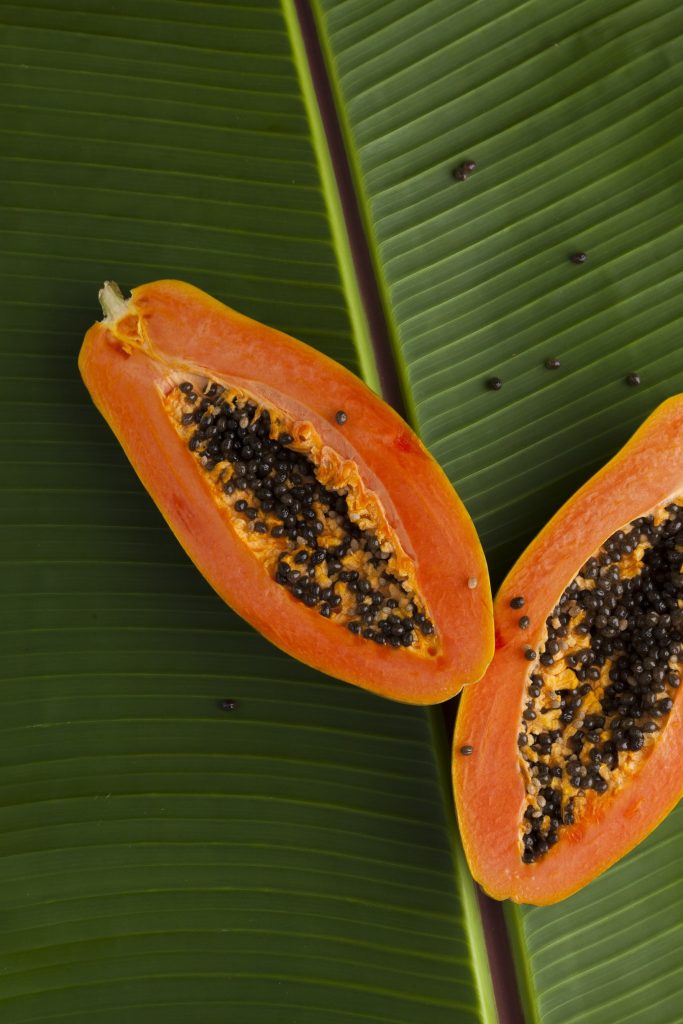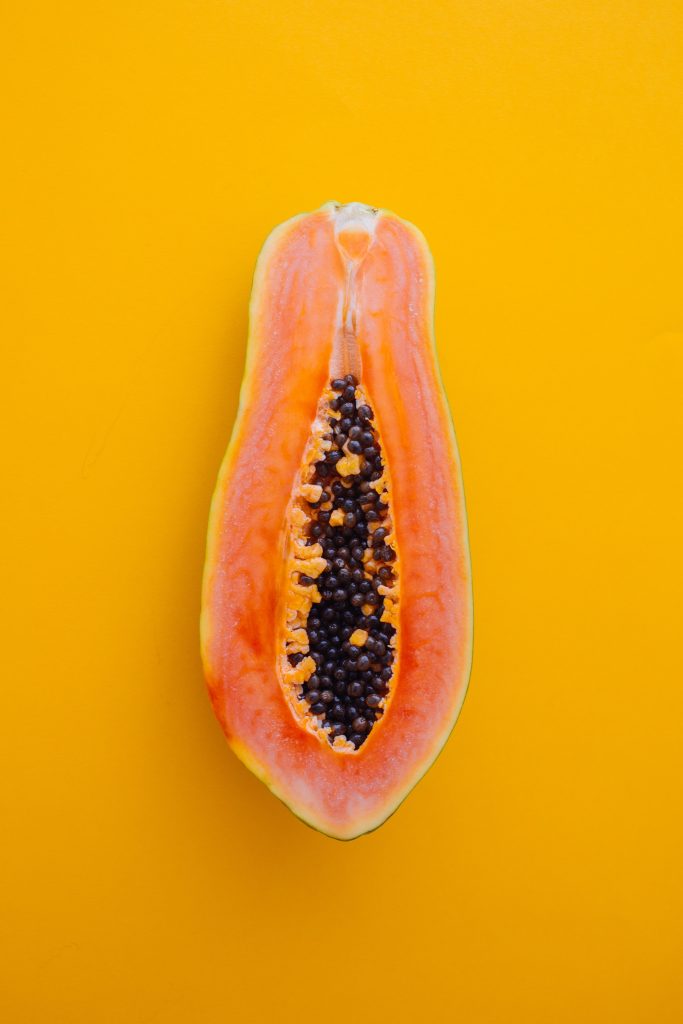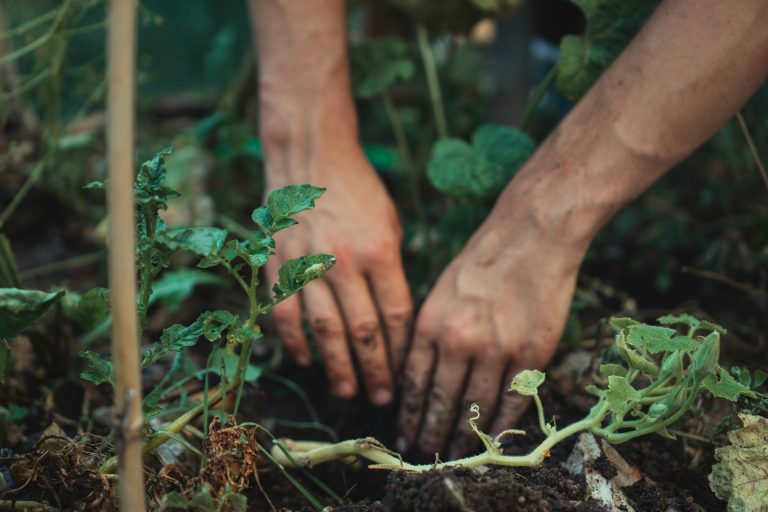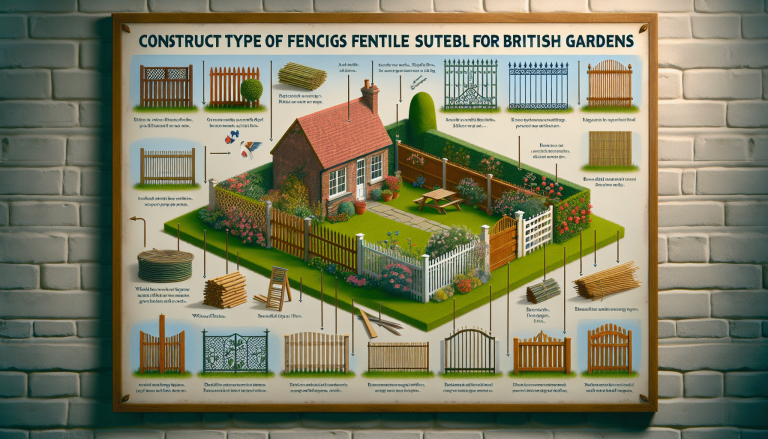Are you a budding gardener eager to cultivate your own fruit trees in the UK? Look no further! In this article, we will explore the best fruit trees that thrive in the UK climate, ensuring a fruitful and delightful experience for you. From the luscious apples to the zesty lemons, we will provide you with a comprehensive guide to selecting the perfect fruit trees for your garden. So grab your gardening gloves and get ready to embark on a fruitful adventure!
Table of Contents
ToggleOverview of Fruit Trees in the UK
When it comes to growing fruit trees in the UK, there are several factors to consider. From climatic considerations to soil types, pollination, and maintenance, each aspect plays a crucial role in ensuring the success of your fruit tree venture. In this comprehensive article, we will explore different types of fruit trees commonly grown in the UK, their recommended varieties, ideal growing conditions, as well as tips for care and maintenance.
Climatic Considerations
The UK has a temperate maritime climate, which means that fruit trees must be able to withstand cool summers and mild winters. It is important to choose fruit tree varieties that are well-suited to these conditions. While some fruit trees, such as apple and pear trees, can thrive in a range of climates, others, like peaches and apricots, require slightly warmer temperatures to produce bountiful harvests.
Soil Types
Before planting any fruit tree, it is important to understand the soil requirements of different varieties. Most fruit trees prefer well-draining soil with a pH level between 6 and 7. However, specific soil preferences may vary depending on the type of tree. For example, apple and pear trees are more tolerant of heavier, clay-rich soils, while cherry trees prefer lighter, loamy soils. Understanding the soil types and making any necessary amendments can greatly enhance the growth and productivity of your fruit trees.
Pollination
Pollination is a crucial process that allows fruit trees to produce fruit. Some fruit tree varieties are self-pollinating, meaning they can produce fruit on their own without the need for cross-pollination. However, many fruit trees benefit from cross-pollination, which involves the transfer of pollen between different varieties. It is important to consider the pollination requirements of your chosen fruit tree varieties and ensure that you have suitable pollinators nearby to maximize fruit production.
Maintenance
Proper care and maintenance are essential for the health and productivity of fruit trees. Regular pruning helps shape the tree, improves air circulation, and promotes fruit production. It is important to follow the appropriate pruning techniques for each type of fruit tree to avoid damaging the tree and to encourage new growth. Additionally, regular fertilization, watering, and pest control are important aspects of fruit tree maintenance. By providing the necessary care, you can ensure the long-term success of your fruit trees.
1. Apple Trees
Apples are one of the most popular fruits grown in the UK, and there are numerous apple tree varieties to choose from. Popular choices include Cox’s Orange Pippin, Bramley, and Gala. Apple trees require a sunny location with well-draining soil. They can tolerate a wide range of soil types, including clay and loam. Regular pruning is important to maintain their shape and promote fruit production. In terms of care, apple trees require regular watering, fertilization, and protection against common pests such as apple scab and codling moth.
2. Pear Trees
Pear trees are another popular choice for UK gardens. They require a similar growing environment to apple trees, including a sunny spot and well-draining soil. Recommended pear tree varieties for the UK include Conference, Williams’ Bon Chrétien, and Concorde. Regular pruning helps maintain their shape and encourage fruit production, while adequate support is important to prevent branches from breaking under the weight of the fruit. Pear trees are susceptible to diseases such as fire blight and pear scab, so it is important to take preventative measures and provide proper care to ensure a healthy harvest.
3. Plum Trees
Plum trees are well-suited to the UK climate, and there are several varieties that thrive in British gardens. Some popular choices include Victoria, Opal, and Marjorie’s Seedling. Plum trees prefer sunny locations with well-draining soil, but they can tolerate a range of soil types. Regular pruning helps maintain their shape and promote fruit production. However, plum trees are also prone to diseases such as silver leaf and plum pox virus, so it is important to implement proper pest and disease control measures.
4. Cherry Trees
Cherry trees can add beauty and delicious fruit to your garden, and there are several cherry tree varieties that are suitable for UK gardens. Some recommended choices include Stella, Morello, and Lapins. Cherry trees prefer a sunny spot with well-draining soil, though they can also tolerate slightly heavier soils. Pruning is important to maintain their shape and encourage fruit production. When it comes to harvesting cherries, it is important to wait until they are fully ripe for the best flavor. Regular pest control, particularly against birds, is necessary to protect the cherries.
5. Peach Trees
Although peaches require slightly warmer temperatures, there are cold-hardy varieties available that can be successfully grown in the UK. Some popular choices include Peregrine, Avalon Pride, and Redhaven. Peach trees thrive in sunny locations with well-draining soil. Adequate frost protection is essential, especially during colder months, to prevent damage to the blossoms and young fruit. Regular pruning and thinning of the fruit are important for maintaining tree health and promoting larger, sweeter peaches. It is worth noting that peaches are more susceptible to diseases and pests compared to other fruit trees, so vigilance and proper care are crucial.
6. Apricot Trees
Apricot trees can also be grown in the UK, although they require slightly warmer temperatures and protection from frost. Recommended apricot tree varieties for the UK include Tomcot, Moorpark, and Goldcot. Apricot trees prefer a sunny spot with well-draining soil. Winter protection is crucial, as apricots are particularly sensitive to frost damage. Mulching and wrapping the tree during colder months can help protect the buds and ensure a good harvest. Regular pruning is important to maintain tree shape and promote fruit production.
7. Fig Trees
Fig trees can be a unique addition to your UK garden, and there are several fig tree varieties that can thrive in the UK climate. Some recommended choices include Brown Turkey, Brunswick, and White Marseilles. Fig trees prefer a sunny, sheltered location with well-draining soil. They can tolerate a range of soil types, including sandy and clay soils. Fig trees require regular watering, particularly during dry spells, and benefit from a thick layer of mulch to conserve soil moisture. Overwintering techniques, such as wrapping the tree in fleece or straw, can help protect against frost damage.
8. Plum Trees
In addition to the earlier mentioned plum trees, there are other varieties that particularly thrive in UK gardens. Some favorable choices include Avalon, Jubilee, and Merryweather. Plum trees require a sunny spot with well-draining soil and can tolerate a range of soil types. Regular pruning helps maintain the tree’s shape and promote fruit production. Plum trees are susceptible to diseases such as brown rot and plum moth, so implementing proper pest and disease prevention measures is essential for a healthy harvest.
10. Elderberry Trees
Native elderberry species, such as Sambucus nigra, are well-suited for UK gardens. These trees prefer moist, well-draining soil and can tolerate partial shade. Elderberries are known for their hardiness and adaptability, making them an excellent choice for a low-maintenance fruit tree. Regular pruning helps maintain their shape and promotes better fruiting. Elderberries can be used in a variety of culinary applications, from jams and jellies to wines and cordials. If foraging is your passion, elderberry trees can provide a bountiful harvest of nutritious berries.
In conclusion, the UK offers a favorable climate for growing a variety of fruit trees. By considering climatic conditions, soil types, and pollination requirements, as well as providing proper care and maintenance, you can successfully grow a range of fruits in your UK garden. From apples and pears to plums, cherries, peaches, apricots, figs, and elderberries, there are numerous fruit tree options to suit every gardener’s tastes and preferences. With a little bit of knowledge and dedication, you can enjoy the beauty and bounty of fruit trees in your own backyard.









